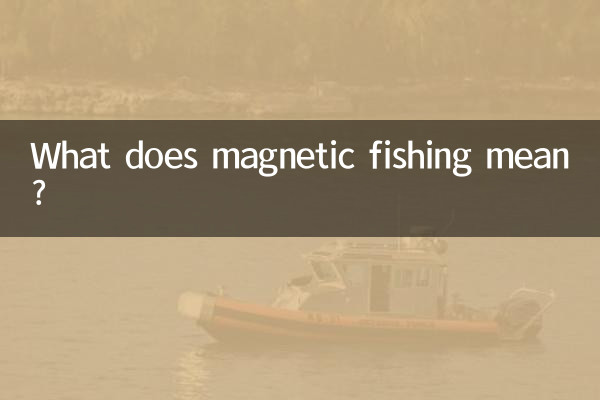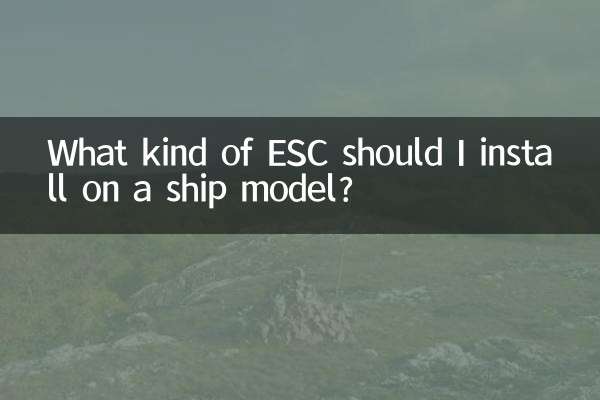What does magnetic fishing mean?
In recent years, the term "magnet fishing" has gradually become popular on the Internet and has become a hot topic discussed by many people. So, what exactly does magnetic fishing mean? What related hot content does it have? This article will give you a detailed analysis of the meaning of "magnet fishing" and the phenomena behind it, based on the hot topics and hot content on the Internet in the past 10 days.
1. Definition of magnetic fishing

"Magnet fishing" originally originated from the Internet term, which refers to a behavior of gaining traffic or attention by attracting other people's attention or creating topics. This behavior is usually strategic, similar to using bait to attract fish when fishing, so it is called "magnet fishing." In recent years, with the development of social media, the phenomenon of "magnet fishing" has become increasingly common on short video platforms, forums and social networks.
2. Hot topics and hot content related to magnet fishing in the past 10 days
The following is a summary of hot topics and hot content related to "magnet fishing" in the past 10 days:
| Date | hot topics | heat index | Related platforms |
|---|---|---|---|
| 2023-10-01 | Short video platform’s “magnet fishing” behavior causes controversy | 85 | Douyin, Kuaishou |
| 2023-10-03 | Internet celebrity blogger uses "magnet fishing" to gain millions of followers | 92 | Weibo, Bilibili |
| 2023-10-05 | Experts call for regulation of online “magnet phishing” behavior | 78 | Zhihu, WeChat public accounts |
| 2023-10-07 | The psychological analysis behind “magnet fishing” | 65 | Xiaohongshu, Douban |
| 2023-10-09 | Netizens spontaneously boycott low-quality “magnet fishing” content | 70 | Tieba, forum |
3. Common forms of magnetic fishing
"Magnet phishing" behavior takes various forms on the Internet. The following are some common types:
1.Clickbait: Attract clicks with an exaggerated or sensational title, but the content does not match the title.
2.controversial topics: Deliberately publish controversial remarks or opinions to trigger discussions among netizens.
3.Emotional incitement: Use emotional stories or inflammatory language to gain sympathy or attention.
4.False news: Create false information or unverified news to attract traffic.
4. The impact and controversy of magnetic fishing
Although "magnet phishing" behavior can quickly attract traffic, it also brings a series of negative effects:
1.information pollution: Low-quality “magnet phishing” content floods the Internet, making it difficult for users to obtain real and effective information.
2.crisis of confidence: Frequent “magnet phishing” behavior reduces users’ trust in online content.
3.Misleading public opinion: Certain "magnet phishing" content may mislead the public and even cause unnecessary public opinion disturbances.
5. How to deal with the phenomenon of magnetic fishing
Faced with the phenomenon of “magnet phishing”, users and platforms can take the following measures:
1.Improve discrimination ability: Users should learn to identify "magnet phishing" content to avoid being misled.
2.Platform supervision: Social platforms should strengthen the supervision of "magnet phishing" behavior and reduce the spread of low-quality content.
3.Reporting mechanism: Users can provide feedback on "magnet phishing" content through the reporting function to help the platform clean up bad information.
6. Summary
As a network phenomenon, “magnet phishing” reflects the fierce competition for traffic in the current social media environment. Although it can bring short-term benefits to content creators, over-reliance on "magnet phishing" behavior may harm the health of the online ecosystem in the long run. Therefore, both users and platforms should work together to create a more real and healthy online environment.

check the details

check the details